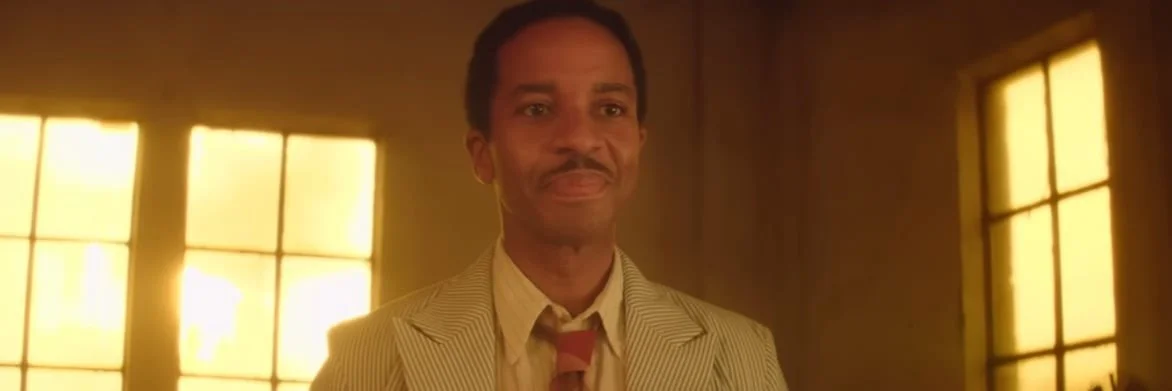Spike Lee's “Do The Right Thing” was the most powerful cinematic experience I ever had in my lifetime. In fact, it still is socially relevant and shocking to this day. His take on race relations in America is as scathing as its ever been.
If any director can attest to getting the shaft from the academy over the years, it’s Spike Lee. “Do the Right Thing” didn’t even get a Best Picture nomination in 1989, with the academy instead opting for the safer, gentler, but nevertheless forgettable, whimsical depiction of racism in “Driving Miss Daisy.” We all know which film stood the test of time and which film, as Lee pointed out recently, is taught in film schools all across the U.S. It wasn’t just that movie, either: his incendiary film about Malcom X couldn’t muster anything, except a Best Actor nomination for Denzel Washington. Just like some of the great directors of his time, Lee’s films have aged very well — watch “The 25th Hour” — and he keeps pushing the envelope, most recently in the undervalued Chi-raq and this past year’s incendiary “BlackKklansman.” He’s also responsible for starting the whole #Oscarssowhite debate when he refused to accept his honorary Oscar for this year’s upcoming ceremony.
And so, after over three decades of directing movies, the 61-year-old Lee finally earned his first Oscar nomination for Best Director.
“To be honest, after ‘Do the Right Thing,’ I said, ‘That’s it.’ You know?” Lee told GQ last summer [via IndieWire]. “That’s not to say I wasn’t happy to get the honorary award, but as far as Oscars, my thing has always been my body of work. What film won best film of 1989? ‘Driving Miss Daisy.’ Driving Miss motherfucking Daisy. Who’s watching that film now?”
Lee became only the sixth black filmmaker to earn a nomination for Best Director in the Academy’s 91-year history. Jordan Peele (“Get Out.”), John Singleton (“Boyz n the Hood”), Lee Daniels (“Precious”), Steve McQueen (“12 Years a Slave”), and Barry Jenkins (“Moonlight”) were the other 5 black directors nominated.






